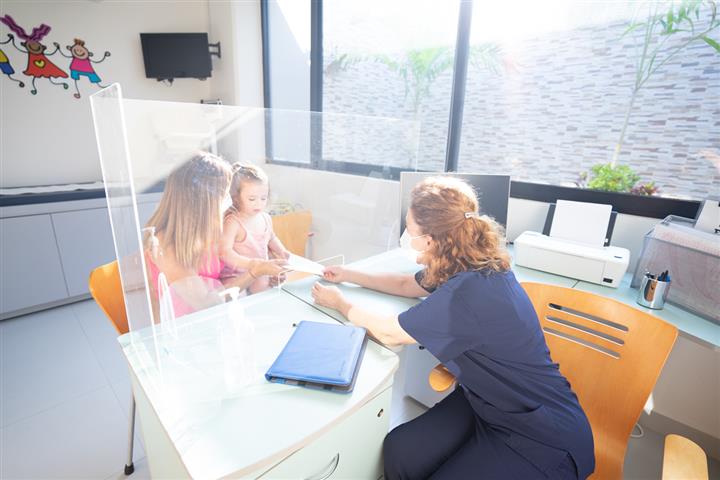 AI Expands Its Footprint in Brazil’s Healthcare
AI Expands Its Footprint in Brazil’s Healthcare(Yicai Global) Sept.30 -- Brazil lagged in artificial intelligence (AI) at the turn of the millennium, but Latin America’s largest nation ranked 40th in Oxford Insights’ AI Readiness Index 2019, showing it has taken massive strides since, most evidently in healthcare.
AI looms large in Brazil’s future economy, and Brazil AI now leads South America in AI, The Yuan, an AI-centric forum seeking to make AI ‘All-Inclusive,’ reported on September 23.
The country advanced in the previous four years, a 2019 Stanford University study found, becoming one of the top five countries. AI will add USD432 billion to Brazil’s economy, per a forecast by Accenture, as The Yuan reported.
The country launched a strategy this year on ethical use of AI in research and innovation. It aims to develop ethical principles for AI use, ease innovation, improve collaboration between government, private sector, and researchers, hone AI skills, promote investment in technologies, and push Brazilian tech overseas.
AI applies widely in Brazil’s healthcare. Analytics is a global trend more relevant in Latin America with its differing demographic and socioeconomic makeups. In Brazil, one application is on the impact of breastfeeding -- which a quarter of Brazilian hospitals promote.
A VisualLab study at Fluminense Federal University (UFF) in Rio uses thermography image processing with AI to screen for breast cancer, which leads cancer deaths among Brazilian women. VisualLab devised methods using dynamic infrared thermography.
A MidiaCom Lab project at UFF applies AI in detection of mild cognitive impairment (MCI) to avoid dementia. Brazilian patients usually do not undergo magnetic resonance imaging (MRI) or computed tomography (CT) imaging exams, so the model uses clinical data.
Brazil
Covid-19 was a driver of AI’s swift development, forcing changes in healthcare delivery in Brazil’s public system, which serves three-quarters of its population. Telehealth+AI increases patient access.
The Laura Digital Emergency Room is an AI-powered telehealth platform. Deployed in three cities, it interacted 130,000 times via a chatbot to classify 44.8 percent of patients with mild symptoms, one study found. It also discovered 33.6 percent had moderate symptoms, while 14.2 percent had severe ones.
The Laura Digital ER platform used natural language processing. An ML algorithm answered questions about Covid-19, including social distancing, preventative measures, and mask wearing. Its weekly-updated chatbot integrates with municipalities' websites for patient interactions.
When it detects symptoms, the patient is redirected to a symptom checker, then classified as mild, moderate, or severe.
Those tagged as mild take a clinical pathway where they interact with the algorithm every 72 hours by messaging. Those classed as moderate and severe are directed to teleconsultations. All patients are monitored by a healthcare provider.
AI is the greatest tool for every capable nation across the globe, and healthcare is a high priority. More talk should be about what AI may do for less-privileged nations, which is many in South America.
Brazil’s healthcare system is crucial to most of the population. Public healthcare often lacks quality and has long waits. AI greatly improves these systems in a blueprint for other nations’ emulation.
Editor: Kim Taylor
Yicai Global is pleased to announce its cooperation with The Yuan (https://www.the-yuan.com) and looks forward to future feature articles from it authored by luminaries of the ilk of Hippo. AI founder Bart de Witte and the many other leading lights in the AI sector who are its regular contributors. The Yuan provides an open community with the aim of averting the emergence of bias and social inequities and inequalities arising from uneven access to AI and, as such, its philosophy closely aligns with Yicai Global’s own stance.